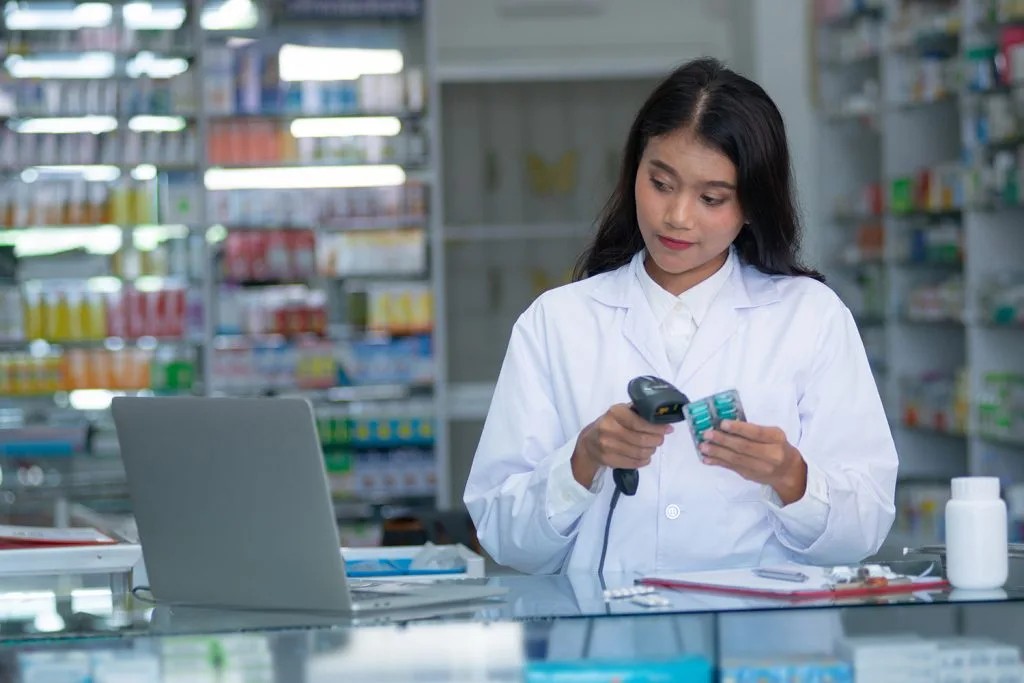
How does a pharmaceutical and medical distributor in Malaysia support hospitals and clinics?
Hospitals and clinics play a big role in keeping people healthy. But many people do not see what happens behind the scenes. One of the most important parts of healthcare is how medicine, tools, and medical products reach hospitals and clinics safely and on time. This is where a pharmaceutical and medical distributor in Malaysia plays a key role. They help connect makers of medicines and medical tools to the places that use them every day.
Let’s explore how these distributors help the healthcare system work smoothly and why their job is so important for patients, doctors, and hospitals.
What does a medical distributor do?
A medical distributor is like a bridge between companies that make medicines and the hospitals, clinics, or pharmacies that use or sell them. These distributors buy products from many makers, store them safely, and then send them to hospitals and clinics as needed.
They handle many kinds of products, such as:
- Medicines and vaccines
- Medical tools like syringes, gloves, and masks
- Devices like blood pressure monitors or thermometers
- Lab equipment for testing and diagnosis
Without these distributors, hospitals would have to order each item from many companies on their own, which would take a lot of time and effort.
Why are they so important in healthcare?
Hospitals and clinics cannot afford to run out of medicines or equipment. Even a small delay can affect patient care. A good distributor makes sure this never happens. They keep a steady flow of products so that doctors can treat patients without worry.
Here’s how they help:
- Reliable supply: Distributors keep a large stock of important products. This means hospitals always get what they need, even when there is high demand.
- Safe storage: Many medicines need special temperature and handling. Distributors have storage systems that keep everything safe and ready for delivery.
- Fast delivery: Medical needs can come at any time. Distributors make sure supplies reach hospitals quickly, even in emergencies.
- Product tracking: They track every item to ensure it comes from safe and approved sources. This helps prevent fake or low-quality products from entering hospitals.
How do they help during emergencies?
When a crisis happens, like a disease outbreak or natural disaster, hospitals often face a sudden rise in patients. This can lead to a shortage of medicine and tools. A reliable distributor acts fast to deliver what is needed.
They can move supplies from one place to another quickly and work with government agencies to support hospitals that need help first. This quick action can save lives.
What makes a good pharmaceutical distributor?
A good distributor is not only fast but also careful. They follow strict safety and quality rules. Here are some signs of a good one:
- Licensed and approved: They have all the needed government approvals.
- Trained team: Staff are trained to handle and store medical goods safely.
- Modern systems: They use tracking systems to follow where each product goes.
- Strong partnerships: They work closely with trusted suppliers and hospitals.
- Customer support: They help clients with any delivery or product issues right away.
These points show that the distributor is serious about safety and service.
Final thoughts
A pharmaceutical and medical distributor is an unseen yet vital part of the healthcare system. They make sure hospitals, clinics, and pharmacies always have safe, quality, and timely medical supplies. Their work supports doctors, helps patients get the right care, and keeps the healthcare system steady in both normal days and times of crisis.
